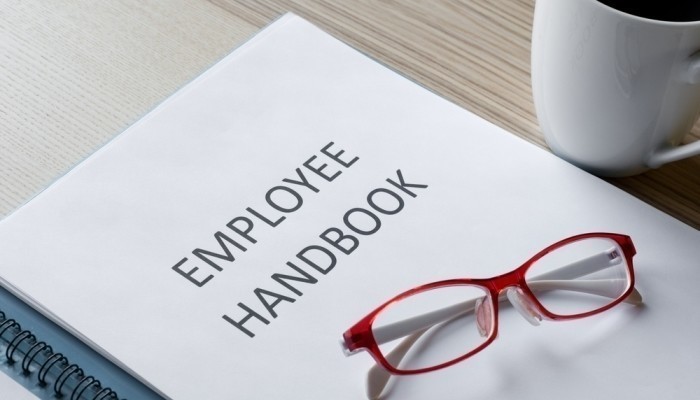Employee Handbook Relief
by Jean Seawright

Employers are finally getting a reprieve after a series of restrictive employee handbook policy decisions and guidances issued by the prior Administration's democratic majority of the five-member National Labor Relations Board (NLRB).
On June 6, the current Board issued a 20-page memorandum to its Regional Directors providing guidance on how to analyze handbook rules subsequent to its December 14, 2017 decision in The Boeing Company case. This decision overturned a portion of the 2004 ruling in the Lutheran Heritage Village-Livonia case that was used to justify the firestorm of radical handbook policy prohibitions over the past several years. Under the previous Administration, the NLRB essentially prohibited any handbook policy or rule that could be interpreted as covering protected, concerted activity under Section 7 of the National Labor Relations Act (NLRA).* If a handbook rule was ambiguous, Regions were instructed to rule against the employer or to automatically interpret a general handbook rule as banning all activity that could conceivably fall under it.
As a result of this interpretation, to comply with NLRB enforcement practices, employers had to modify or reverse handbook policies that prohibited behaviors, such as bad attitudes, rudeness, and disparaging comments about coworkers, among other behaviors that no employer should have to tolerate.
Now, however, as a result of Boeing, the NLRB has established a new standard for determining if handbook policies and work rules are unlawful. The new standard considers an employer's right to maintain discipline and productivity in the workplace and sets forth three categories of rules: (1) those that are generally lawful to maintain, (2) those that warrant individualized scrutiny, and (3) those that are unlawful to maintain.
Essentially, employers can once again include in employee handbooks common-sense civility rules, such as those that prohibit negative or disparaging comments about a coworker, name-calling and gossip, discourteous or unbusinesslike behavior, offensive language, and behavior that is rude, disruptive, uncooperative, condescending, or otherwise socially unacceptable. Employers can also reimplement policies that prohibit disloyalty to the company and those that prohibit photography or recording in the workplace.
For a list of examples from each of the three categories (lawful, questionable, and unlawful rules), click HERE to download our PDF Summary.
If we wrote or updated your Employee Handbook in the past 3-4 years, in an effort to best protect your business, you may recall that we reluctantly recommended removal of language referencing, among others, bad attitudes, a lack of cooperation, and disrespect toward one another.
Needless to say, we are elated to once again incorporate essential language in handbooks that helps to advance legitimate business goals, such as fostering harmony and civility, maintaining employee discipline, enhancing productivity, and prohibiting conduct that leads to a toxic work environment. If we are writing or updating your Employee Handbook, you will find carefully-worded policies and rules that comport with the NLRB's new enforcement practices stemming from Boeing.
Employers that develop their own policies or handbooks should exercise caution when developing broadly worded confidentiality, conflict of interest, outside work, and compensation policies and rules. Under Section 7 of the NLRA, employees in union and nonunion workplaces have the right to engage in protected, concerted activity (such as discussing wages and benefits) and to join unions. If a rule or policy is so broad as to be reasonably read as banning any of these rights, it will be deemed as unlawful under the NLRA. (For examples or rules that could be unlawful, click HERE.)
Got questions or need help with HR issues? Give Seawright & Associates a call or email!Jean Seawright, Jean Martin and staffOffice: 407.645.2433Email: CLICK HERE As a member of the Group, you don't have to face daunting HR challenges alone! With our professional HR consulting firm, Seawright & Associates, help is only a phone call away. The experts at Seawright & Associates are there to provide advice and assistance with hiring, coaching, and terminating your employees; employee handbook development; compliance with state and federal employment regulations; performance evaluations; job descriptions; compensation plans; management training and development; personality profiles; internal investigations; management advice; and a variety of other human resource services.Best of all, Group clients have exclusive access to Seawright & Associates for telephone consultation at no extra charge... it's included in your Group Retainer!
